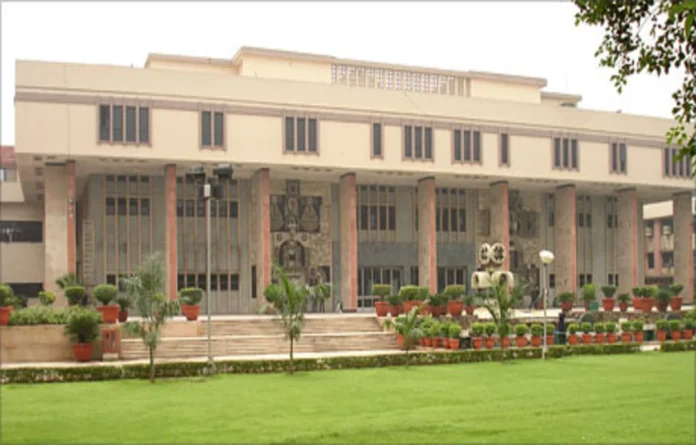The Delhi High Court has become the new battleground for a high-profile inheritance dispute after the sudden passing of industrialist Sunjay Kapur. On September 9, 2025, two of Kapur’s children from his marriage with Bollywood actor Karisma Kapoor, Samaira and Kiaan filed a petition asserting their rights as Class I legal heirs to contest the division of his estimated Rs 30,000 crore estate.
At the heart of the case is a will allegedly executed by Kapur on March 21, 2025, which purportedly bequeaths his entire personal estate to his third wife, Priya Kapur. The siblings have formally accused her of forging and fabricating the document under suspicious circumstances. They further allege that the will was concealed for more than seven weeks and was only disclosed at a private family meeting on July 30, 2025.
The children’s petition, filed through Lexster Law LPP, names several defendants: Priya Kapur, her minor son, Kapur’s mother Rani Kapur, and the alleged executor of the will, Shraddha Suri Marwah. In their plea, they demand that the court recognize them as rightful heirs, direct a fair partition granting each a one-fifth share of their father’s assets, and issue an interim freeze on all personal assets belonging to the late industrialist.
This legal confrontation exposes deep divisions within the Kapur family at a time of collective mourning, reflecting a broader tension between estate law and familial bonds. The Delhi High Court’s adjudication on this matter will determine not only the distribution of a massive inheritance but may also set precedent on procedural and evidentiary standards in contested family wills.


